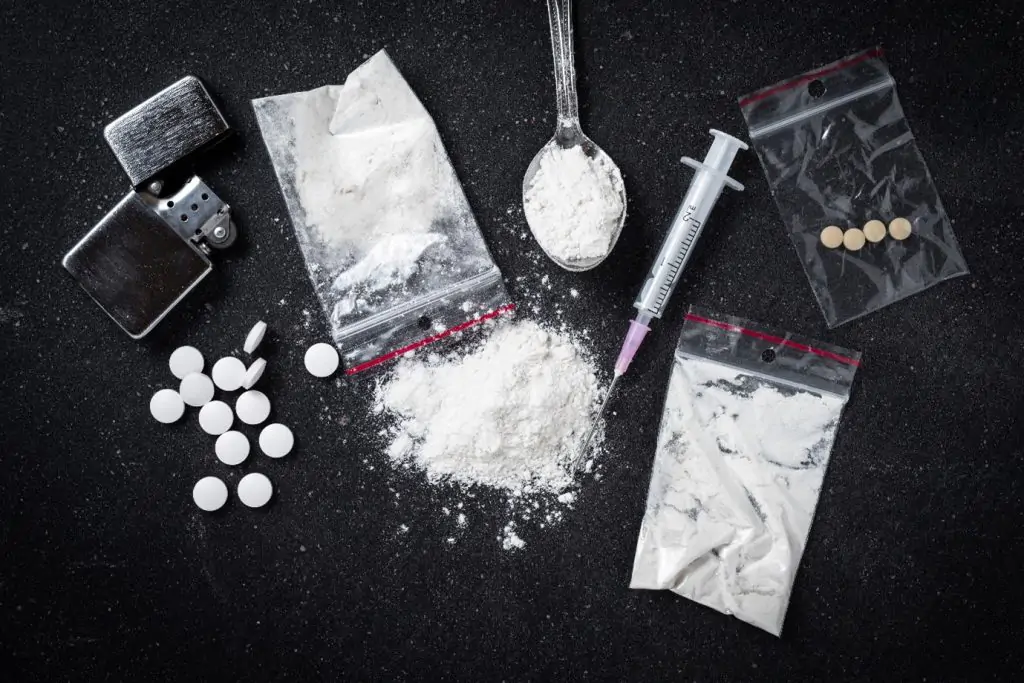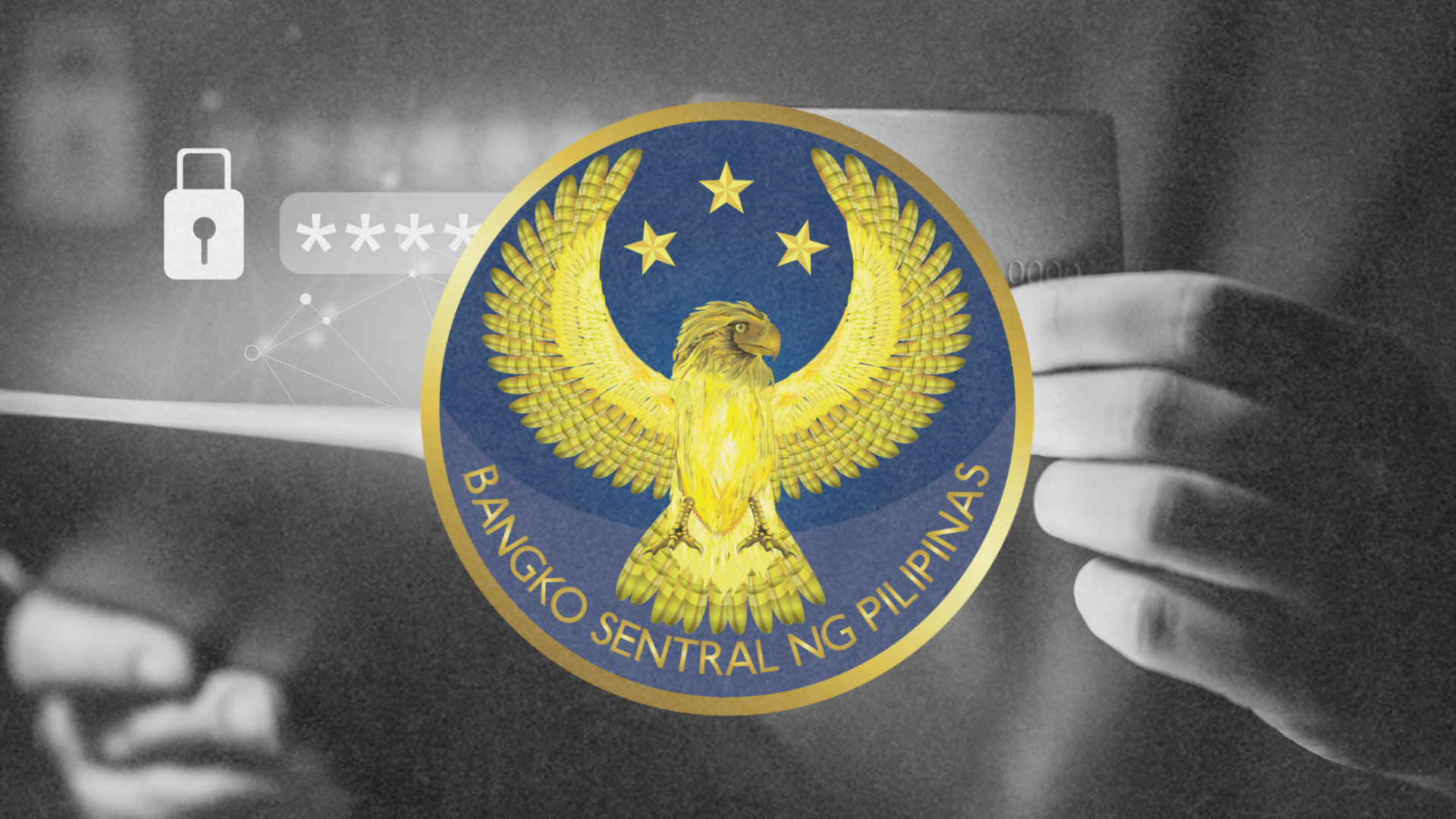The recent Senate inquiry into the alleged drug involvement of President Ferdinand ‘Bongbong’ Marcos Jr. has turned into a spectacle of malicious intent, undermining the integrity of our legislative process and tarnishing the reputation of innocent individuals.
From the outset, the inquiry, spearheaded by Senator Ronald “Bato” de la Rosa, seemed poised to shed light on longstanding rumors surrounding Marcos Jr. and his supposed drug use. However, what transpired was far from a credible investigation. Instead, it devolved into a platform for baseless accusations and political maneuvering.
The inquiry’s credibility was questioned by the presentation of a star witness, former PDEA intelligence officer Jonathan Morales, whose testimony lacked validation and credibility. Moreover, the motives behind Dela Rosa’s decision to lead the inquiry are suspect, given his close ties to former President Duterte and the lingering allegations of political bias.
Speculations abound regarding the true purpose of the inquiry, with some viewing it as a veiled attempt to destabilize the current administration. This perception is further fueled by the Senate coup that coincided with the investigation and the subsequent accusations of political motivation.
Amid this political theater, innocent individuals have been unjustly implicated and subjected to unwarranted scrutiny. One such individual is James Kumar, a respected philanthropist and business leader whose reputation has been unfairly tarnished by association.
Through his philanthropic endeavors and business ventures, Kumar’s contributions to society have been overshadowed by baseless accusations and insinuations. His involvement in the inquiry is a stark reminder of the collateral damage caused by political deceit and character assassination.
Beyond the confines of domestic politics, the inquiry also carries implications for the Philippines’ international standing, particularly in light of the ongoing investigation by the International Criminal Court (ICC) into alleged crimes against humanity during the war on drugs.
As the ICC seeks to hold perpetrators of human rights abuses accountable, Marcos Jr. faces a critical decision regarding cooperation with the court. His refusal to engage with the ICC only deepens suspicions of wrongdoing and undermines his administration’s credibility.
In this pivotal moment, Marcos Jr. must rise above political expediency and demonstrate a commitment to justice and accountability. Failure to do so risks further erosion of public trust and confidence in his leadership.
Ultimately, the Senate inquiry on alleged drug use serves as a stark reminder of the importance of upholding the principles of fairness, transparency, and integrity in our democratic institutions. Our elected officials must prioritize the public good over political expediency and ensure justice prevails at home and internationally.






